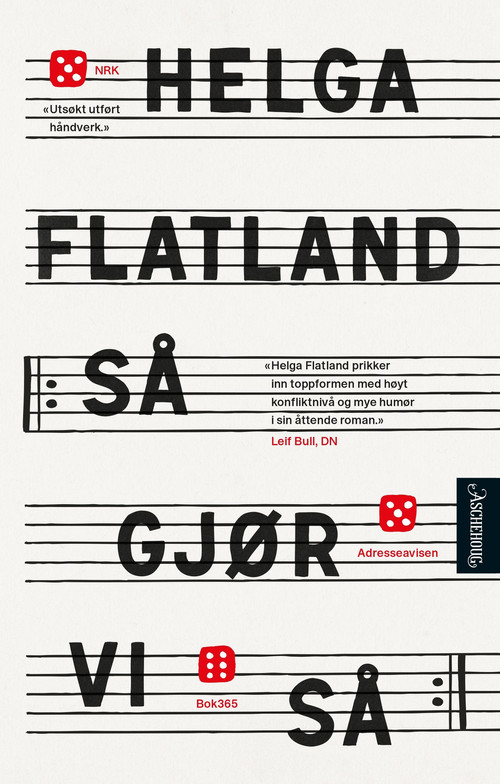Saxony, 1681: Fifteen-year-old Anna Voigt stands accused of murdering her newborn baby. In an era where countless women have met their end at the hands of the executioner for similar crimes, the authorities are eager for a conviction. However, Anna's case diverges from the norm. The physician assigned to assess the infant introduces a groundbreaking scientific procedure, the lung float test, in hopes of determining whether the child was stillborn – just as Anna insists. Will this test be the key to Anna's salvation?
In Renberg’s captivating novel, readers are immersed in the tale from the perspectives of a diverse cast of characters: from the attorney who champions Anna's defense, to the cook who discovers the lifeless infant, to the executioner who subjects Anna to torment, and, of course, Anna herself. The Lung Float Test is a riveting narrative that showcases the tension between archaic beliefs and burgeoning enlightenment, all set against the rich, dramatic backdrop of the baroque era. The case on which the story is based is real and is considered the beginning of forensic medicine.
“An outstanding historical novel (…) The result is impressive, not to mention overwhelming”
“A macabre literary feast (…) let yourself be carried away”
“A brilliant novel about the final convulsions of the Inquisition. (…) Rich, lavish, generous”






